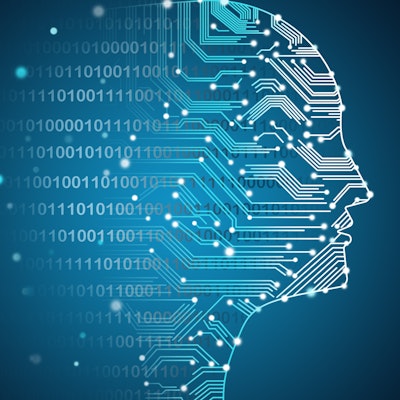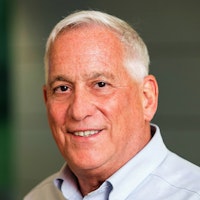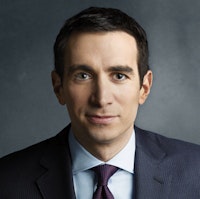
The most important thing to learn in life is not quantum theory or how to speak French. It's how to deal with other people.
Show Notes
Artificial intelligence is clearly going to change our lives in multiple ways. But it’s not yet obvious exactly how, and what the impacts will be. We can predict that certain jobs held by humans will probably be taken over by computers, but what about our thoughts? Will we still think and create in the same ways? Author and former Aspen Institute president Walter Isaacson has been writing biographies about big thinkers and innovators for decades, including Albert Einstein, Steve Jobs, Benjamin Franklin and Jennifer Doudna. Isaacson returned to the world of technology for his most recent book on Elon Musk. Journalist Andrew Ross Sorkin interviews Isaacson on stage at the Aspen Ideas Festival about whether a society fully integrated with AI can foster the same qualities shared by many influential people. Will A.I. augment the best that humans have to offer, or will it compete with or even degrade human intelligence? And are there some traits that technology just will never be able to replicate, like empathy and compassion?
Explore
Related episodes


When Sal Khan created Khan Academy, he was trying to scale up the successful experiences he’d had tutoring his cousins one-on-one in math. He saw how effective it could be for students to go at their own pace, ask questions and be questioned about their reasoning, and he wanted to make those benefits available to as many kids as possible. The organization eventually grew t...


Like all technology, artificial intelligence can be used for good, and it can be used for evil. What little federal regulation the United States has governing technology and the internet was written before artificial intelligence existed in its current form, and as a society, we’re flying blind and in way over our heads as we enter this next phase of digital life. What cou...


We could look at people who veer off society’s dominant tracks into moral gray zones as simply bad, or damaged, or living the consequences of bad choices. But from the inside, people always have reasons for doing what they do, and when all the cards are on the table, morality can become murkier. New Yorker writer Patrick Radden Keefe is fascinated by what drives people who...


Professor Zoe Chance, who teaches the most popular class at the Yale School of Management, illuminates the skills and strategies necessary to improve your natural ability to persuade.


Though it can sometimes feel like conflict and discord is human nature, our brains are actually predisposed to forming groups and working together. In our individualistic society, we may think our minds stop at our skulls, but when people come together and connect effectively, they actually think in different ways, and they all become smarter and healthier together. Scienc...








